Eunice Kennedy Shriver throughout the Years

As the fifth of Joseph and Rose Kennedy’s nine children, Eunice Kennedy Shriver grew up in a large, competitive family with a strong love of sports. When she died in August 2009, she left a monumental legacy.

Eunice's sister, Rosemary, was part of her inspiration to form Special Olympics. "For each of us, she inspired hope—-hope that we could find our way, dreams of a better world, action to achieve it," Eunice said.
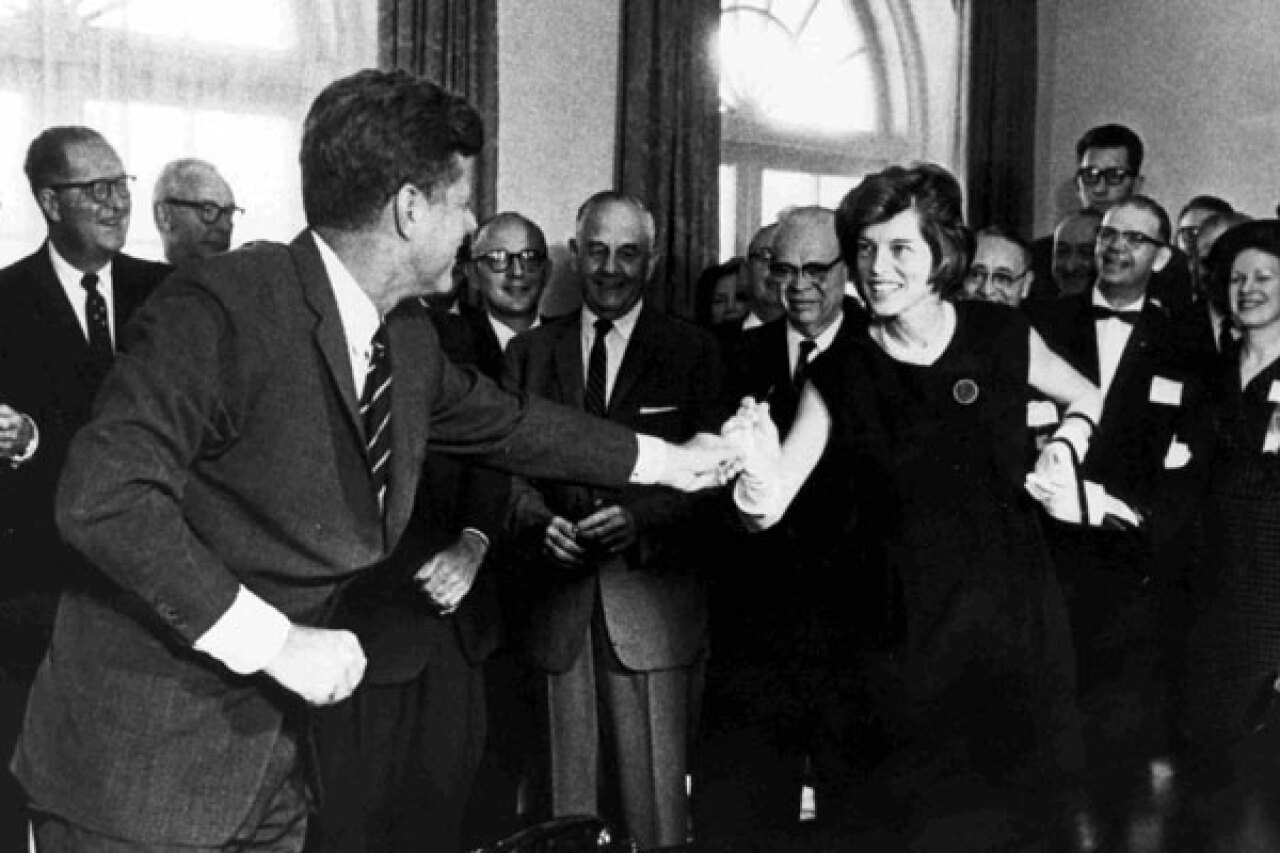
As head of the Joseph P. Kennedy Jr. Foundation, Shriver made intellectual disabilities (mental retardation) the focus of the foundation’s efforts. When her brother, John F. Kennedy, was elected U.S. president in 1960, she pushed for more federal attention to the challenges faced by people with intellectual disabilities.
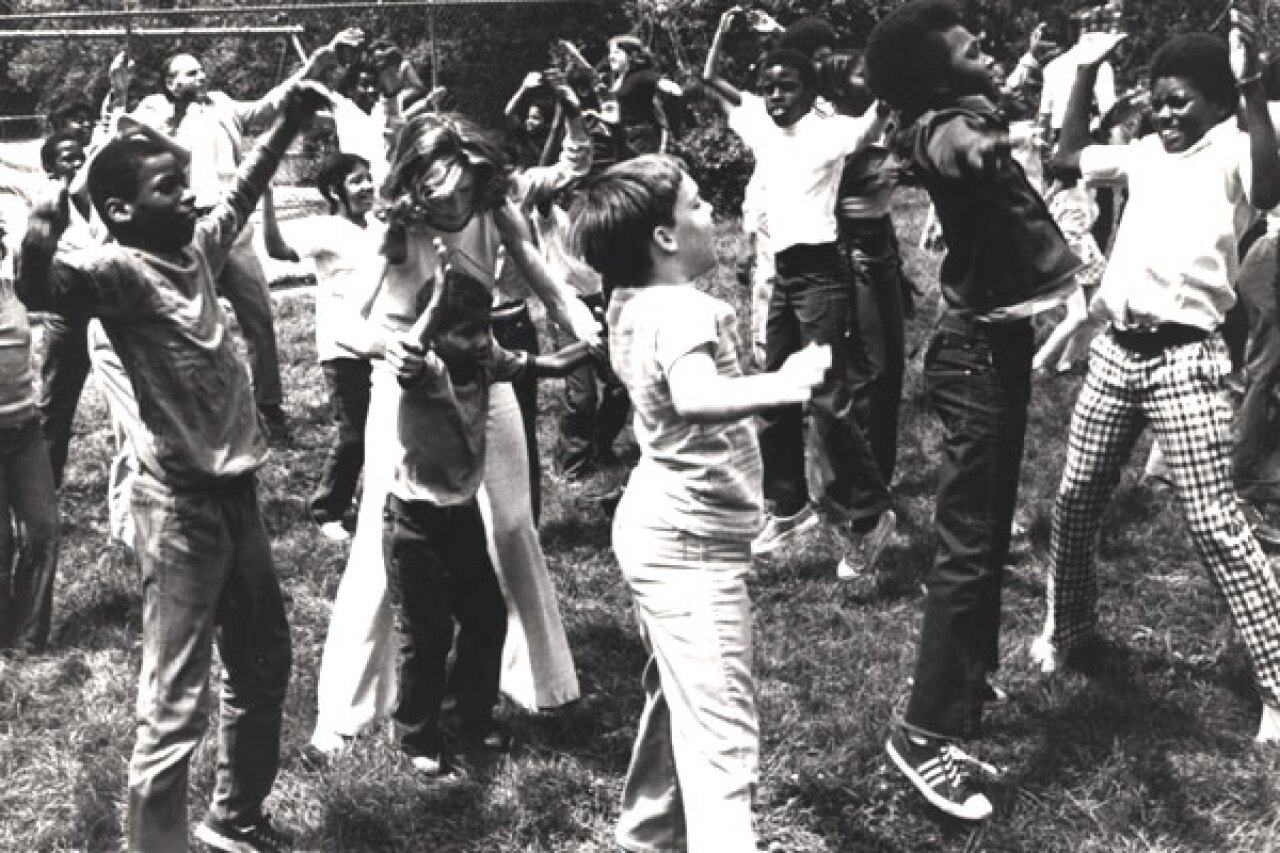
In 1962, when many questioned whether people with intellectual disabilities were even capable of playing sports, Shriver knew better. In her own backyard, she started Camp Shriver, a summer camp for children with intellectual disabilities. Through grants from the JPK Jr. Foundation, the concept spread and soon there were dozens of Camp Shrivers.
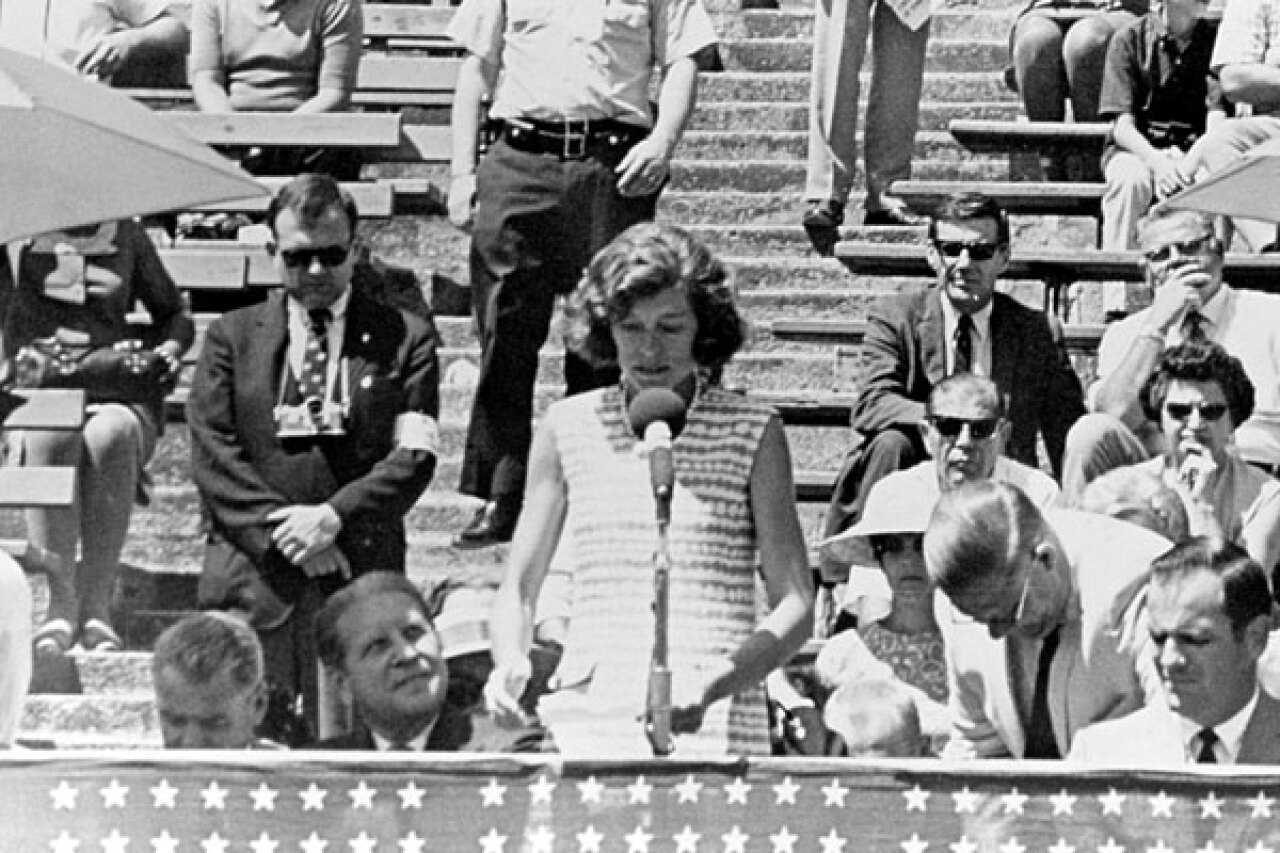
When Anne Burke from the Chicago Parks District proposed a city track meet for people with intellectual disabilities, Shriver urged her to expand the idea to include more sports and athletes from other states. On 20 July 1968 Shriver opened the First Special Olympics Games and announced the formation of a new organization – Special Olympics.

Shriver’s determination and powers of persuasion attracted leaders from the worlds of sport, entertainment, business and government to Special Olympics. Boxer Muhammad Ali remains a strong supporter.
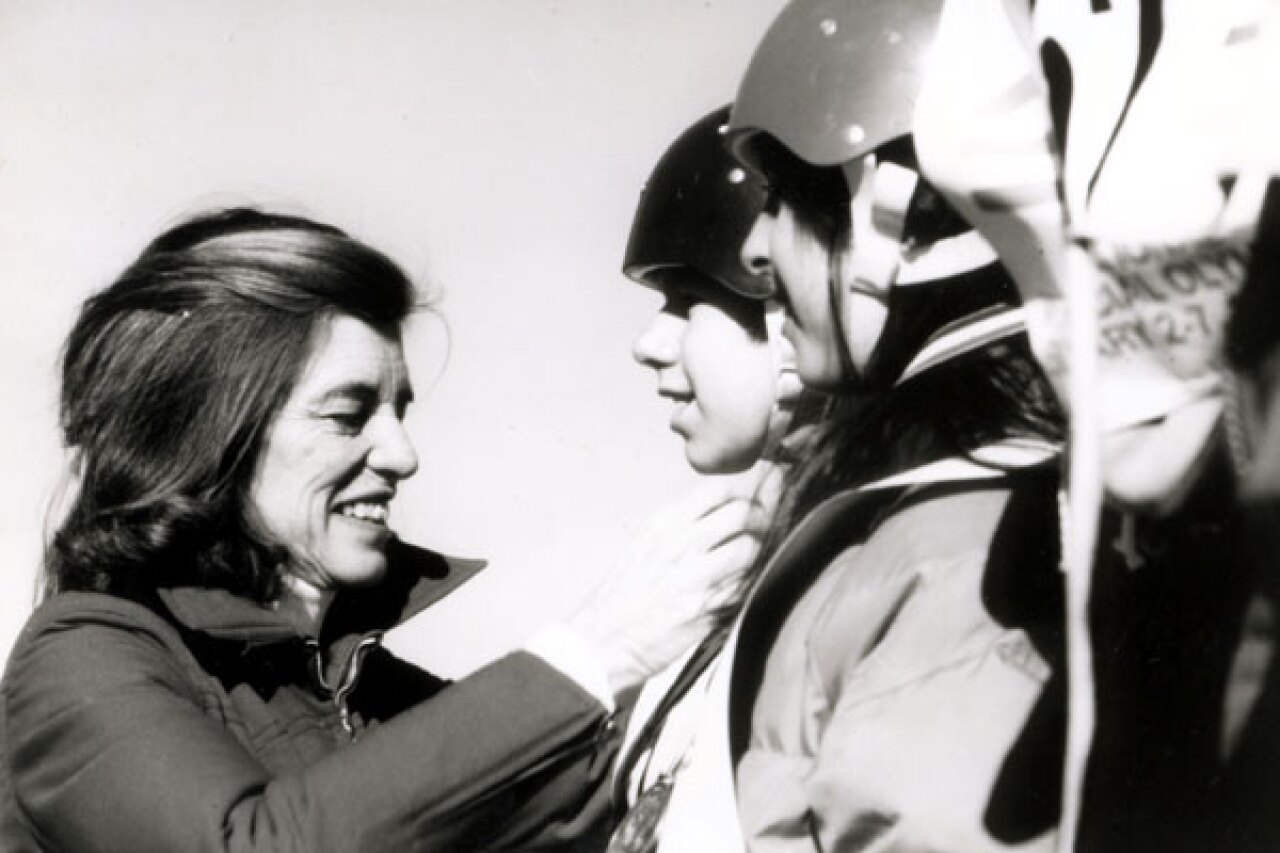
As Special Olympics neared the end of its first decade, the movement continued to expand the opportunities it offered people with intellectual disabilities. In 1977, Shriver awarded medals at the first International Special Olympics Winter Games in Steamboat Springs, Colorado, USA.

Family was the center of Shriver’s life and an integral part of her life’s work. Her husband, Sargent Shriver served as Special Olympics Chairman from 1990 – 2003.
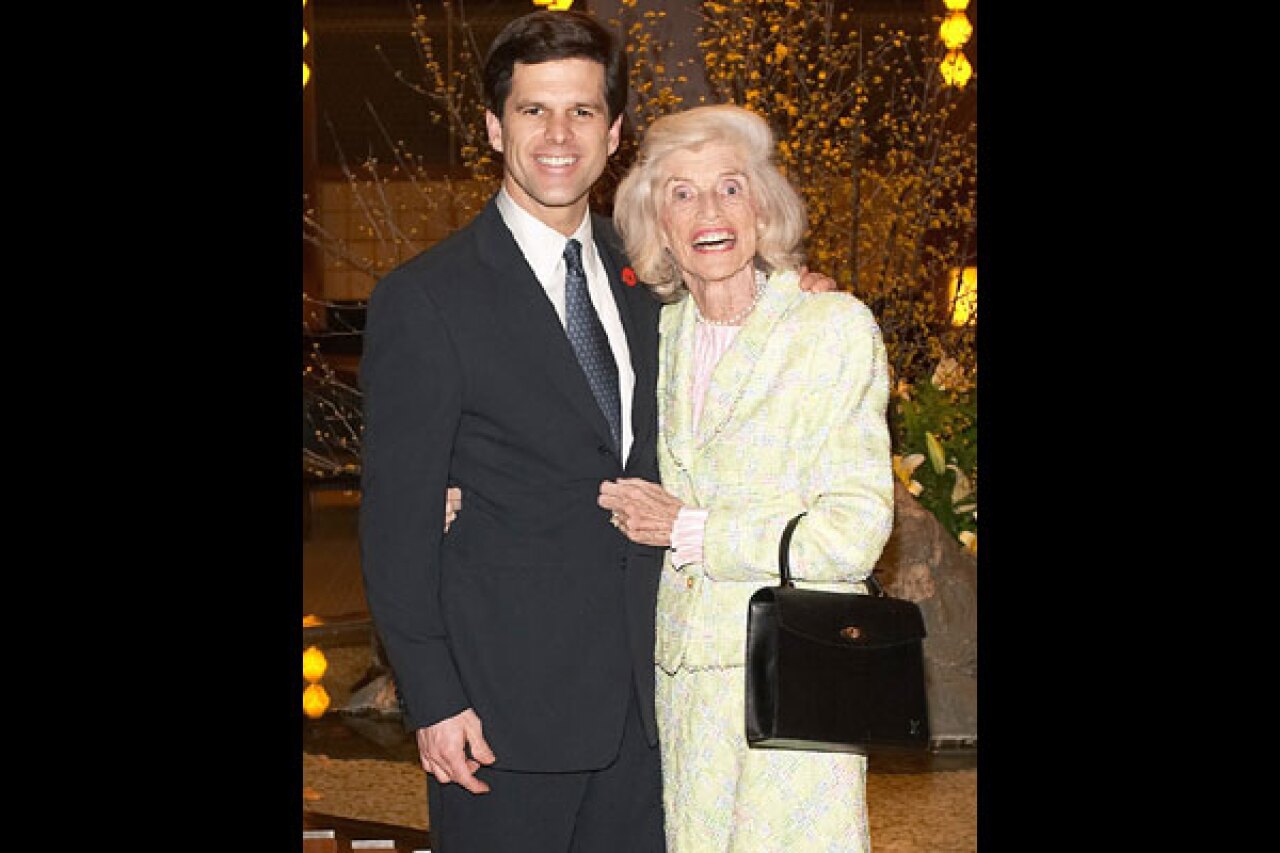
Shriver’s son, Timothy Shriver, is Chairman of the Board and CEO of Special Olympics. In his time with the movement, he has directed an ambitious growth agenda, increasing the number of athletes involved to nearly 4 million.
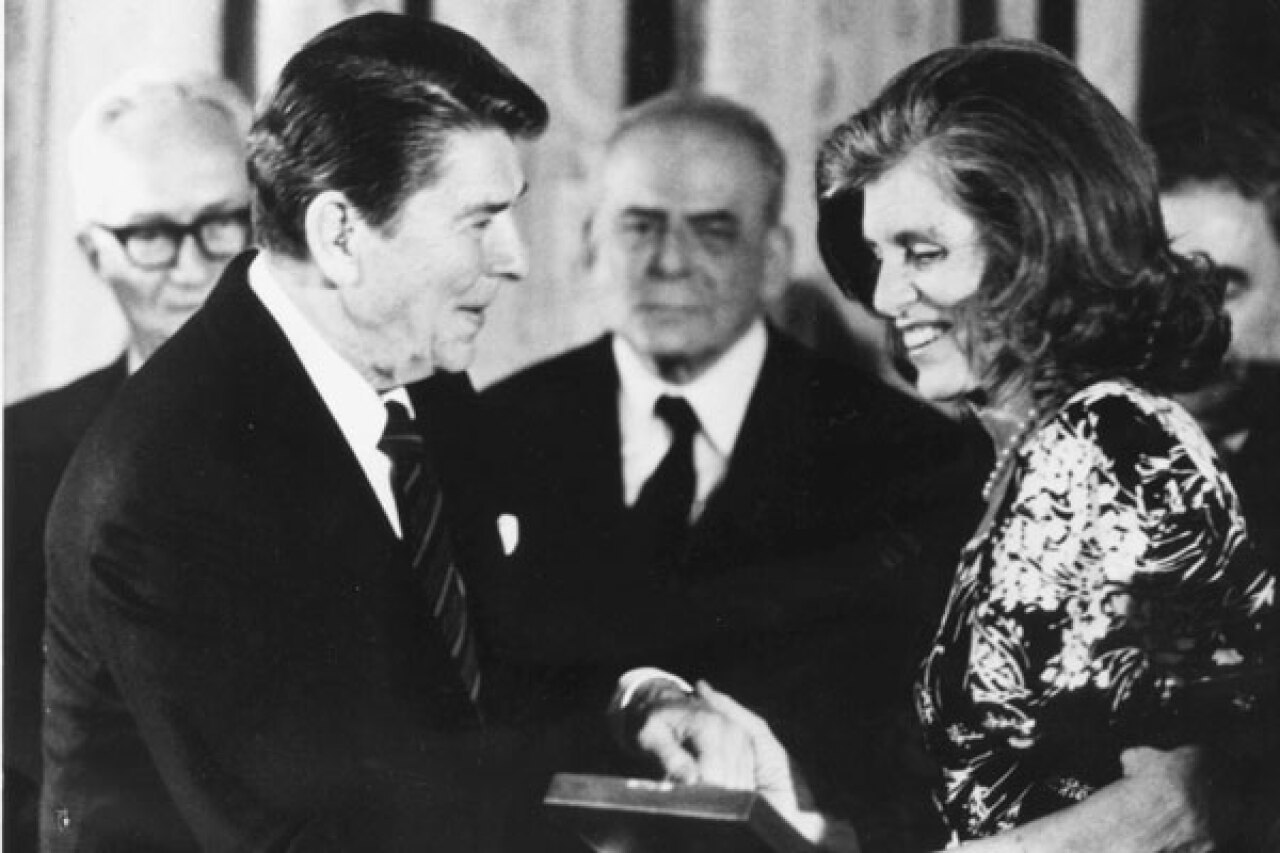
Shriver received numerous awards for her work for people with intellectual disabilities. In 1984, U.S. President Ronald Reagan awarded her the Presidential Medal of Freedom, the United States’ highest civilian award, which recognizes exceptional meritorious service.

Shriver always pushed forward to reach more athletes. In 2001, Special Olympics African Hope marked the launch of a major growth initiative to reach 100,000 new athletes in Africa by 2005.

In 2005, the Special Olympics World Winter Games were held in Nagano, Japan, marking the first time a city has ever hosted all three: the World Games, Paralympics Games (1998) and Olympic Games(1998).

In recent years, Special Olympics has grown dramatically in the world’s most populous country. From approximately 50,000 athletes in 2000, Special Olympics China now has more than 900,000 and hosted the 2007 World Summer Games.

After more than 40 years of extraordinary growth and major advances for people with intellectual disabilities, Shriver’s attention and passion remained squarely focused on the athletes.






